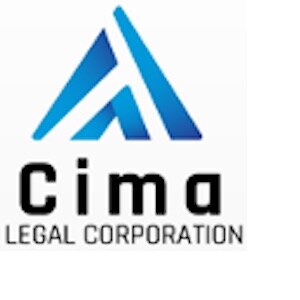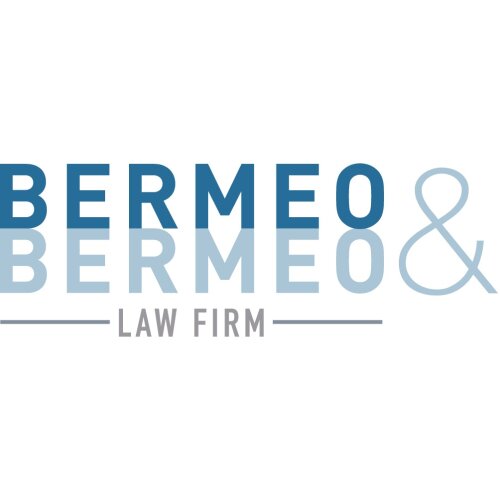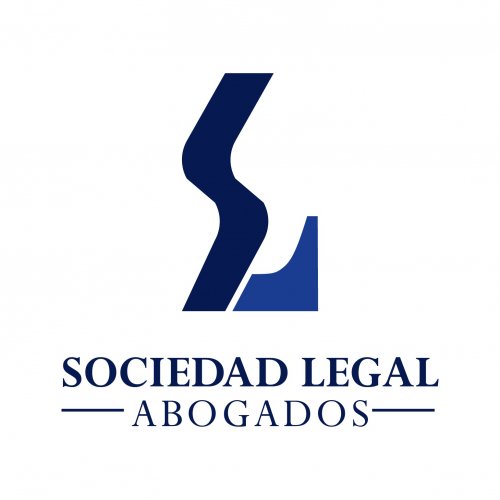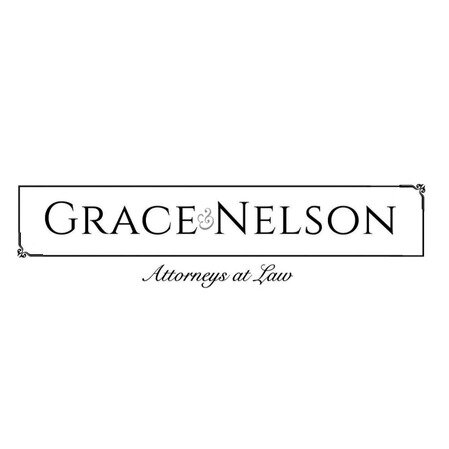Best Business Registration Lawyers in Ecuador
Share your needs with us, get contacted by law firms.
Free. Takes 2 min.
Or refine your search by selecting a city:
List of the best lawyers in Ecuador
About Business Registration Law in Ecuador
Business registration in Ecuador involves a structured process designed to formalize the establishment of businesses within the country. It ensures that a business complies with the legal requirements and is recognized as a separate legal entity. This process is governed by local regulations and requires the business to be registered with several governmental bodies to operate legally. Registering a business can include choosing a business structure, obtaining necessary permits, and complying with ongoing regulatory requirements. The process aims to protect both the business owner and the public by promoting transparency and accountability.
Why You May Need a Lawyer
Seeking legal assistance for business registration in Ecuador is essential in several situations:
- Understanding Complex Regulations: Lawyers help decipher complex legal jargon and ensure compliance with all regulatory requirements.
- Choosing the Right Business Structure: Legal advice can highlight the pros and cons of different business structures (e.g., sole proprietorship, corporation, etc.)
- Drafting Legal Documents: Professionals can assist in the preparation and review of necessary documents ensuring accuracy and legal soundness.
- Navigating Bureaucratic Procedures: Legal experts are familiar with the business registration processes and can expedite the procedure by minimizing errors.
- Addressing Disputes: Lawyers can handle any legal disputes that may arise during or after the business registration process.
Local Laws Overview
Ecuadorian business registration laws include essential regulations, such as:
- Business Structure Regulations: Ecuador offers various structures, each with specific legal implications and requirements.
- Licensing and Permits: Certain businesses may require additional licenses and permits based on their nature and scope.
- Tax Obligations: Registered businesses must comply with federal and municipal tax regulations.
- Labor Laws: Employers must adhere to local labor laws, including employee rights and benefits.
- Consumer Protection Laws: businesses must comply to ensure fair trade practices and protect consumer interests.
Frequently Asked Questions
What is the initial step to register a business in Ecuador?
The first step is choosing an appropriate business structure and registering with the Superintendency of Companies or the National Directorate of Public Data Registry.
How long does the business registration process take in Ecuador?
The process duration can vary, typically ranging from a few weeks to a few months, depending on the business complexity and preparation.
What documents are needed for business registration?
Typically, you'll need identification documents, legal structure documents, articles of incorporation, and financial forecasts, among others.
Are there any fees for registering a business in Ecuador?
Yes, the process involves several fees, including registration, patent, and municipal licensing fees.
What taxes are businesses liable for once registered?
Businesses must register for Ecuador's Value Added Tax (VAT), corporate income tax, and other applicable municipal taxes.
Can a foreigner register a business in Ecuador?
Yes, foreigners can register a business in Ecuador but may need to comply with additional legal requirements or seek investment visas.
Do I need to renew business registration annually?
While registration is not renewed annually, businesses must comply with annual tax filings and may require annual license renewals.
What are the options for business structures in Ecuador?
Common structures include Sole Proprietorship, Limited Liability Company (LLC), Corporation, and Joint Venture.
Is it mandatory to have a local partner for foreign businesses?
No, it's not mandatory for foreign businesses to have a local partner, but specific industries may have restrictions.
What happens if I fail to register my business properly?
Failure to register correctly can lead to penalties, inability to operate legally, and other legal liabilities.
Additional Resources
Several resources can assist in understanding and completing business registration in Ecuador:
- The Superintendency of Companies: A governmental body overseeing corporate registration and compliance.
- The National Directorate of Public Data Registry: Provides registration and incorporation services.
- Local Chambers of Commerce: Offer support and information on starting a business in specific regions.
- Ministry of Production, Foreign Trade, Investments and Fisheries: Provides information on regulations and incentives for businesses.
- Legal Firms Specializing in Corporate Law: They provide bespoke services for business registration and related matters.
Next Steps
If you need legal assistance for business registration in Ecuador, consider the following steps:
- Research Qualified Legal Professionals: Look for lawyers with experience in Ecuadorian corporate law.
- Schedule Consultations: Initial consultations can provide valuable insights and help determine the right lawyer for your needs.
- Prepare Documentation: Gather necessary documents and outline your business objectives for a comprehensive legal discussion.
- Engage Legal Services: Consider retaining a legal professional to ensure compliance and efficiency in the registration process.
- Follow-Up on Legal Advice: Implement the advised legal structures and regulatory documents as recommended.
By following these steps, you can ensure a smooth and compliant business registration process in Ecuador, minimizing legal risks and maximizing business potential.
Lawzana helps you find the best lawyers and law firms in Ecuador through a curated and pre-screened list of qualified legal professionals. Our platform offers rankings and detailed profiles of attorneys and law firms, allowing you to compare based on practice areas, including Business Registration, experience, and client feedback.
Each profile includes a description of the firm's areas of practice, client reviews, team members and partners, year of establishment, spoken languages, office locations, contact information, social media presence, and any published articles or resources. Most firms on our platform speak English and are experienced in both local and international legal matters.
Get a quote from top-rated law firms in Ecuador — quickly, securely, and without unnecessary hassle.
Disclaimer:
The information provided on this page is for general informational purposes only and does not constitute legal advice. While we strive to ensure the accuracy and relevance of the content, legal information may change over time, and interpretations of the law can vary. You should always consult with a qualified legal professional for advice specific to your situation.
We disclaim all liability for actions taken or not taken based on the content of this page. If you believe any information is incorrect or outdated, please contact us, and we will review and update it where appropriate.
Browse business registration law firms by city in Ecuador
Refine your search by selecting a city.

















